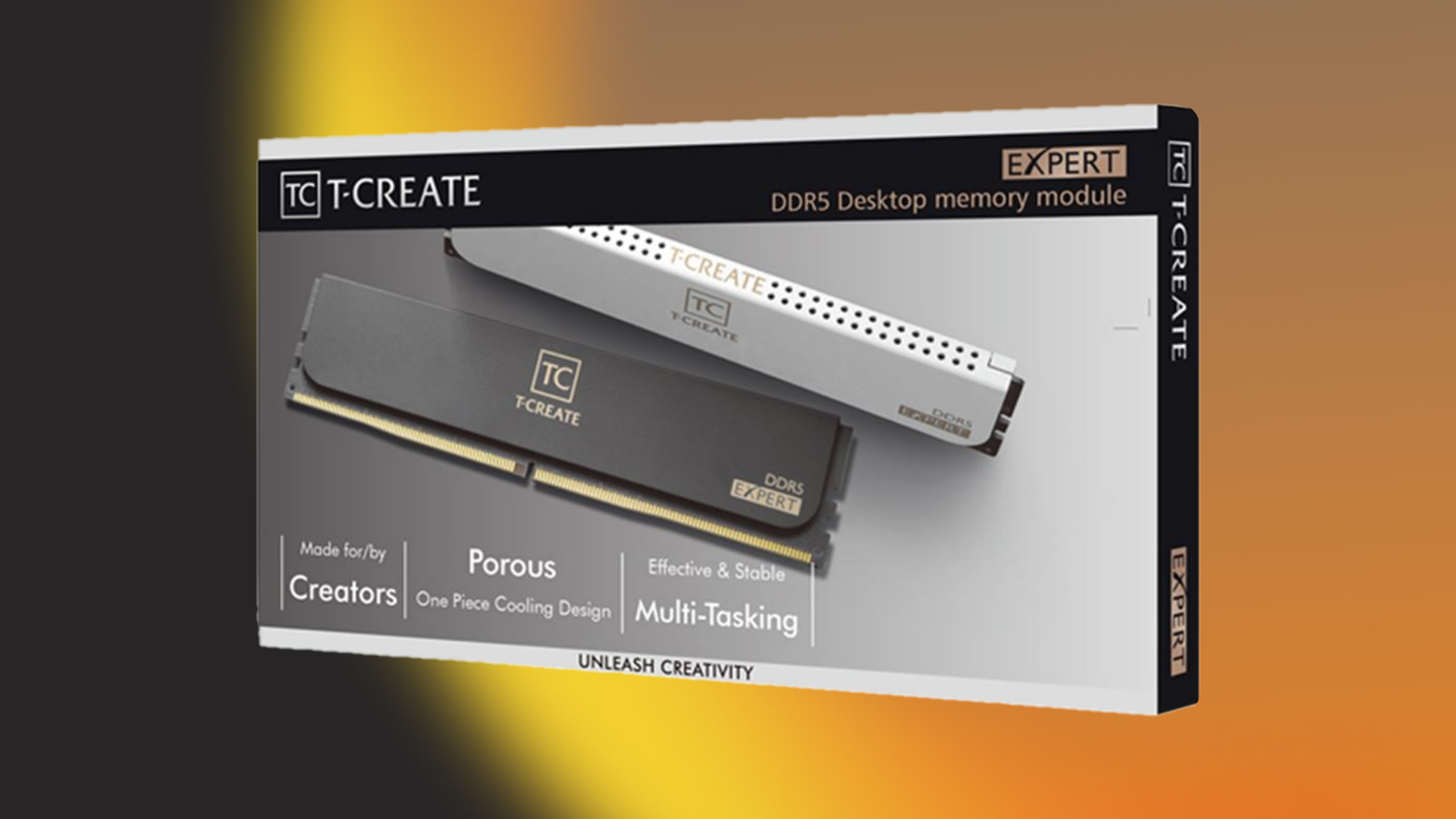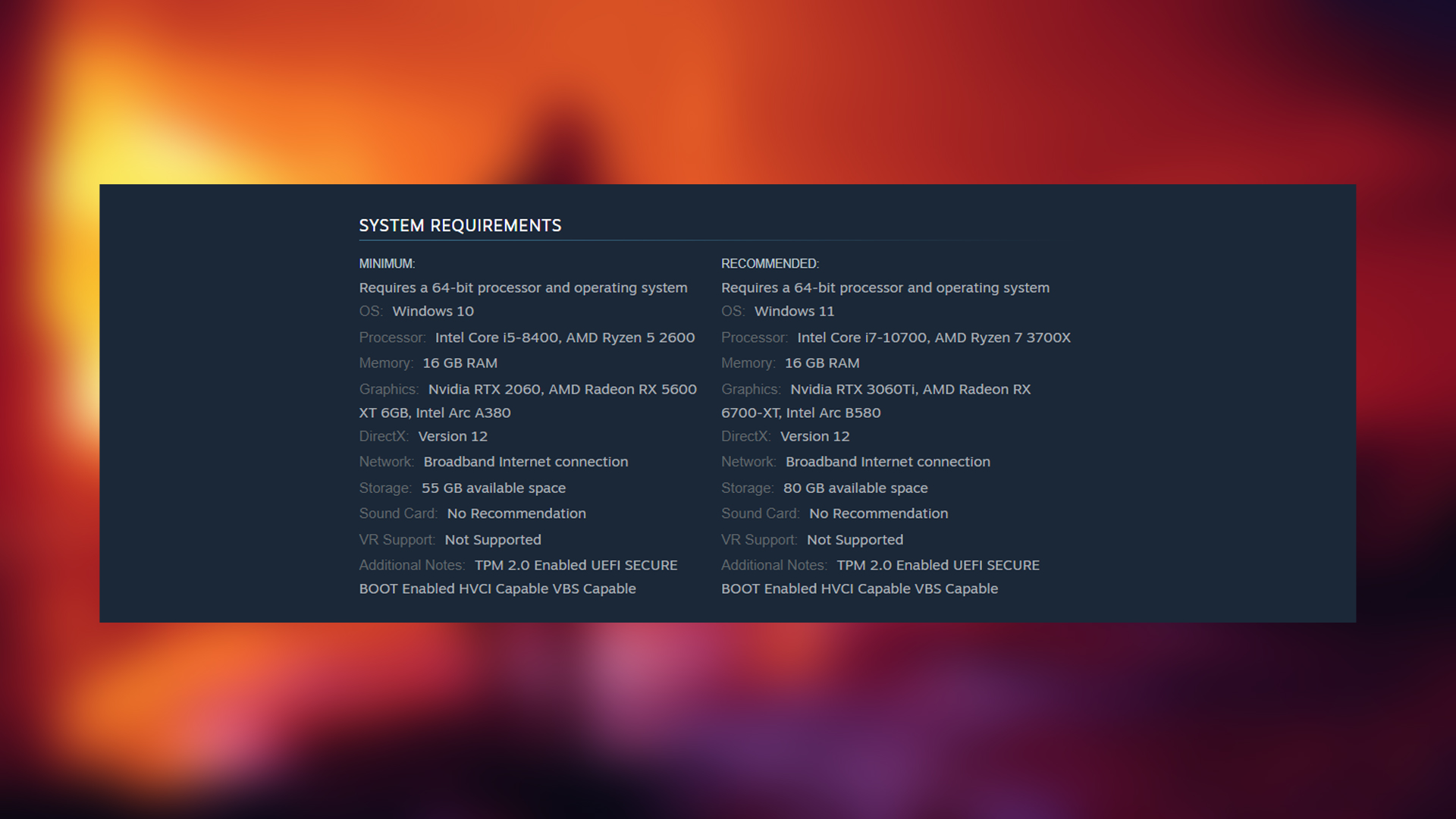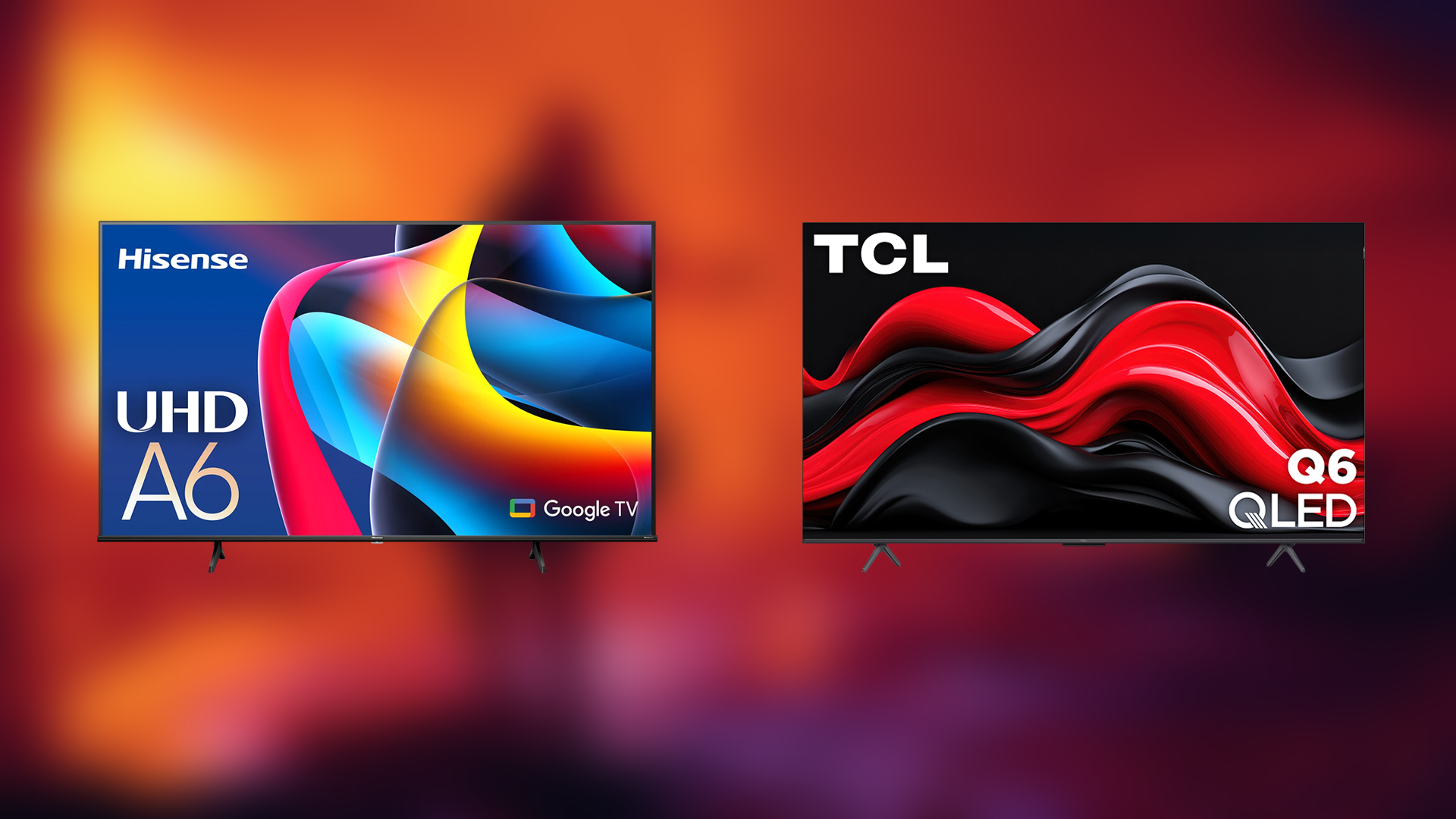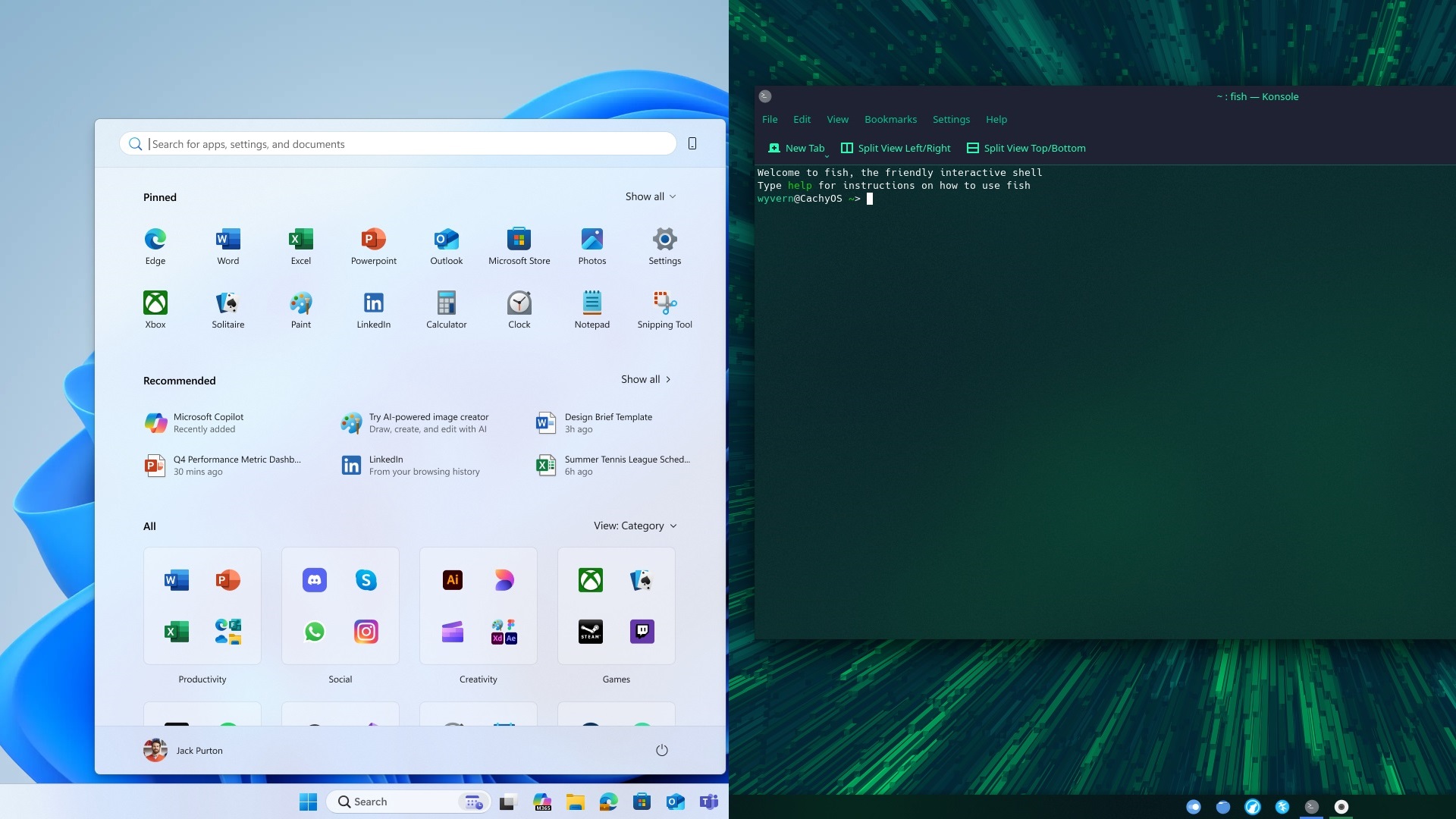Here’s everything you need to know about why 16GB of RAM is enough for gaming and why 32GB improves the 4K AAA gaming experience.

32GB of RAM is a welcome addition to your system, but for gaming, it isn’t mandatory. In 2025, 16GB will be enough to get you through most games, but not all. However, upgrading to 32GB provides a noticeable difference, such as frame rate stability, a flatter frame time graph, especially with AAA games, and those that feature ray tracing. Many gamers who stream alongside gaming may end up being bottlenecked by the 16GB of memory; in such cases, 32GB of RAM can prove particularly useful. Let’s dig in.
Note: This article primarily focuses on gaming and briefly highlights streaming, such as OBS use cases. Content creation based on gaming is not the highlight of this article; those are saved for another day.
Read More: 5 Best DDR5 RAM in 2025
Why RAM Impacts 4K Gaming

At 4K resolution, games load larger textures and switch to higher-resolution assets that consume more system memory than at 1080p or 1440p. If you are running out of RAM, the game will focus on using your system’s virtual memory, located on your storage drive. Since the speed of your drive is nowhere near the speed at which RAM operates, this will result in severe stuttering. A recent example would be Cyberpunk 2077, Hogwarts Legacy, and Borderlands 4; these easily push beyond 16GB of usage, at a resolution higher than 1080p with high settings.
However, on 32GB RAM, none of these issues will occur, because there is enough memory for Windows to function correctly, games to allocate memory and keep it reserved, and the entire process will be seamless. You can get by with 16GB, but this will require heavy system-level tuning, cutting Windows resources, and various other tweaks to reduce system RAM consumption.
Current Requirements for Popular Games

Most 2025 games list 16GB as the recommended minimum for 4K, but several outliers, like Battlefield 6, suggest 16GB+ of memory is recommended. Hogwarts Legacy also recommends 32GB on ultra settings with RT at 4K to avoid frame dips below 60FPS. On the flip side, open-world titles like Baldur’s Gate 3 and Fortnite do not require 32GB of RAM to play at 4K, and the difference in frame rate and frame time graphs is minimal, well within the margin of error.
Performance Gains from 32GB
Gathering data from publicly available information on the internet reveals that 32GB reduces stuttering by 10-20% in memory-heavy games, compared to 16GB. The DDR5 platform, particularly when paired with RTX 40/50 Series cards, does suffice at 4K, but with 32GB of RAM, the frame rate and frame time stability are better, as there is more memory pool to allocate.
If you prefer running multiple applications like Discord, Steam, and OBS for streaming and then gaming at 4K, 16GB RAM won’t suffice. This is where 32GB RAM offers the most benefits. Strictly for gaming, older titles, and games without a launcher preference, these will work seamlessly. GOG is one such example that is incredibly lightweight and offers games without holding back system resources.
Recommendations for Builders
Gaming at 4K benefits from a higher RAM size, but it’s more VRAM heavy. Your 16GB of RAM will get you through most games from the 2015-2020 era. Newer titles require beefy hardware, more memory, and up-to-date Windows 11 builds to function correctly.
So, if you enjoy playing modern AAA games, you’ll need an upgrade from 16GB of memory to 32 GB to ensure that the game’s performance doesn’t fall apart.
Read More: Should You Buy a DDR5 or DDR4-Based CPU Platform in 2025?
Looking For More Related to Tech?
We provide the latest news and “How To’s” for Tech content. Meanwhile, you can check out the following articles related to PC GPUs, CPU and GPU comparisons, mobile phones, and more:
- 5 Best Air Coolers for CPUs in 2025
- ASUS TUF Gaming F16 Release Date, Specifications, Price, and More
- iPhone 16e vs iPhone SE (3rd Gen): Which One To Buy in 2025?
- Powerbeats Pro 2 vs AirPods Pro 2: Which One To Get in 2025
- RTX 5070 Ti vs. RTX 4070 Super: Specs, Price and More Compared
- Windows 11: How To Disable Lock Screen Widgets
 Reddit
Reddit
 Email
Email


